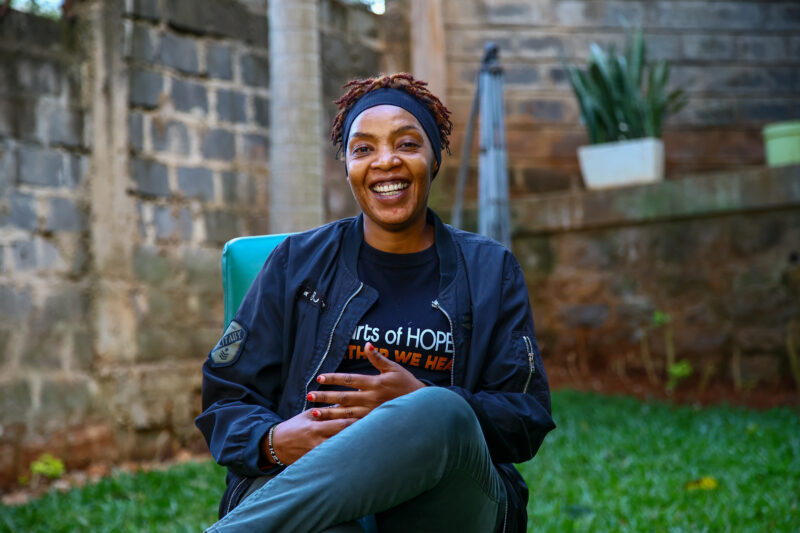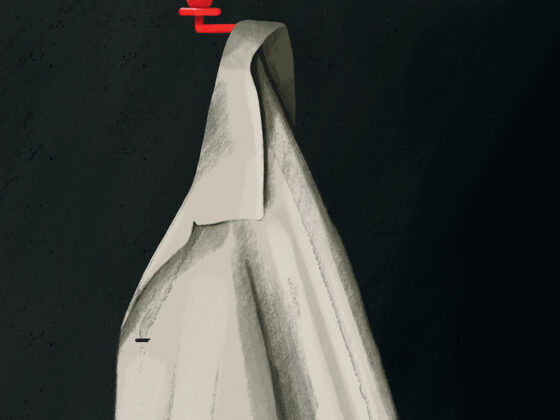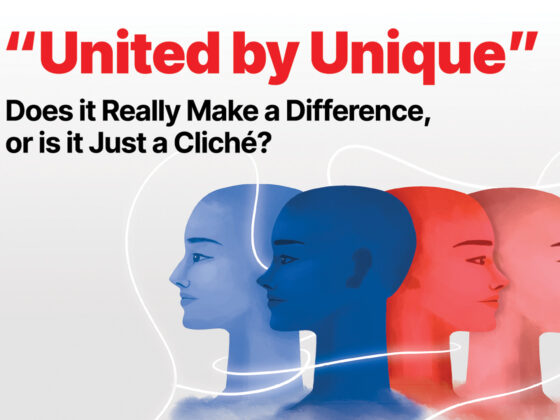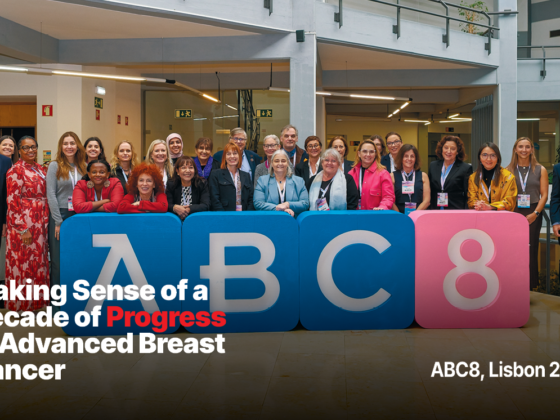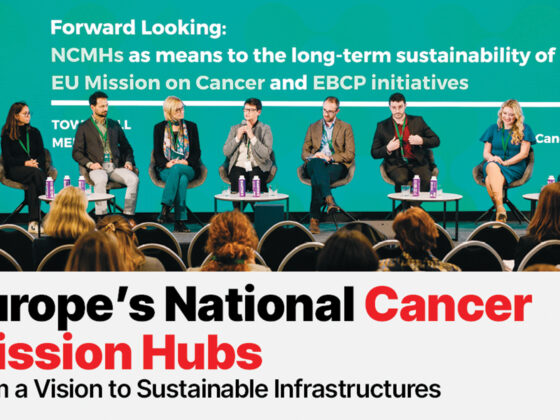For parents of children battling cancer, finding a place to stay that is both affordable and close to the hospital is not just a convenience; it can mean the difference between life and death. Without accommodation, families are often forced into impossible decisions: endure long, costly commutes, fall into financial ruin, or abandon treatment altogether.
Childhood cancer studies done in sub-Saharan Africa reveal how common this is. In Zambia, approximately 46% of children with cancer abandon treatment; in Kenya, it’s 54%, and in Malawi, 36%. A key non-medical factor is the long distance to hospitals and the inability to afford transport and accommodation.
For Bigirimana Benotte, a Burundian mother of four, the shock of her son’s Ewing sarcoma diagnosis, a cancer of the bone and soft tissue, was quickly overshadowed by another fear: how to get him to Kenya, over 1,150 kilometers away, where he had a chance at survival.
“My biggest worry wasn’t even the diagnosis,” she says. “I had no relatives in Kenya, and I couldn’t afford a hotel.”Burundi has only one public cancer hospital with no functional radiotherapy machine. After six chemotherapy sessions, her son was referred to Kenya for radiation.
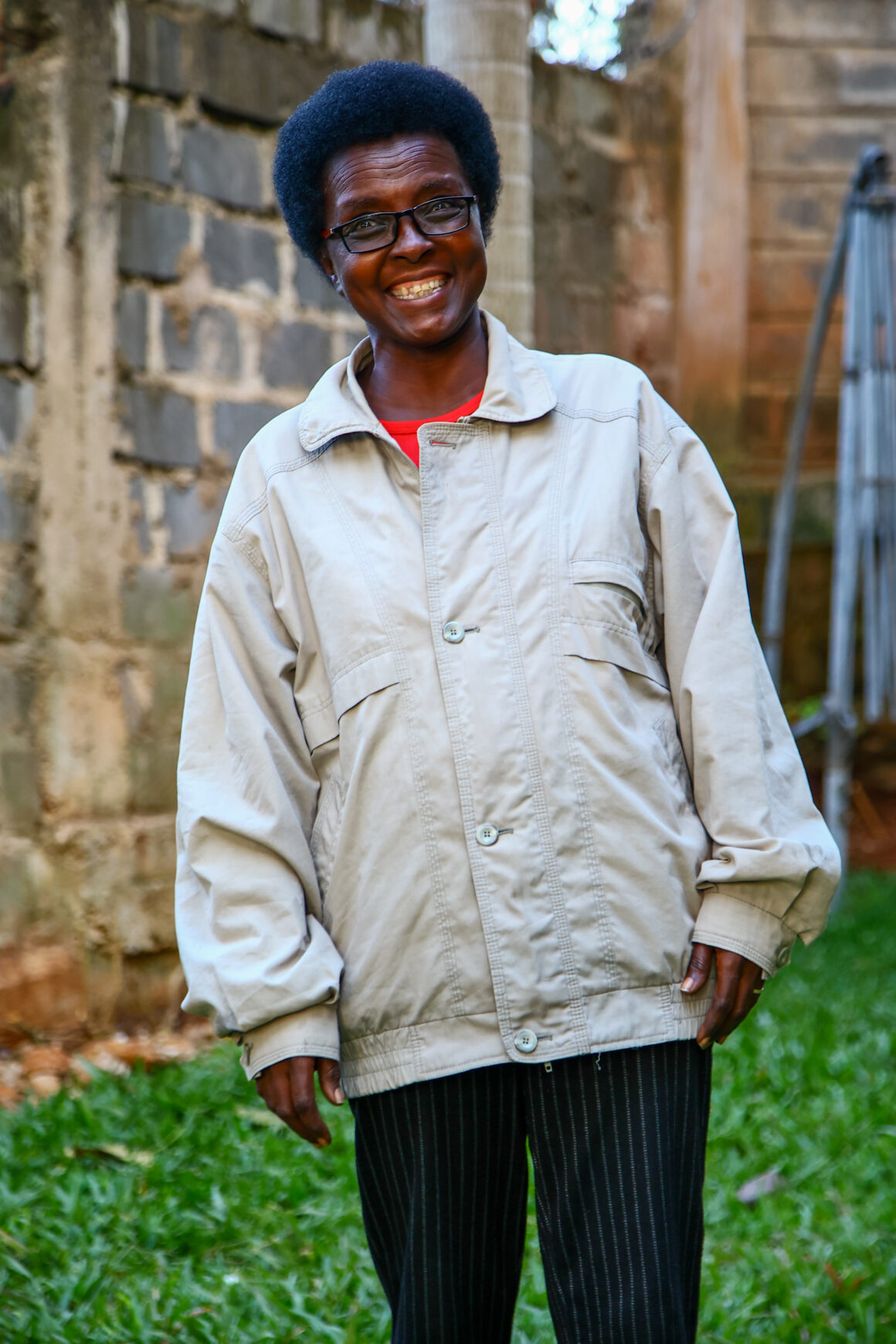
It took her nine long months to raise just $155 for the journey, a modest amount, but the one barrier between her son and treatment. With that, and the promise of free accommodation, they finally travelled to Kenya for treatment, joining the many Burundians forced to seek radiotherapy and other cancer care abroad due to limited services at home.
“A doctor connected us to a hostel in Kenya for parents and their children. We stay here for free, and they provide free transport to Kenyatta University Teaching, Referral and Research Hospital, seven kilometres away,” she says. “We’ll be here for two months while my son completes 30 radiotherapy sessions.”
Her story is not unique. I met her and others like her at Hope & Courage International, a hostel that offers more than shelter. It also provides a sense of community and hope to parents with children with cancer who meet monthly.
At 3.30 pm, Bigirimana is in the kitchen washing dishes. Her son is playing chess. Some children are sprawled on the floor, painting. There is also a TV room and a Zumba space.
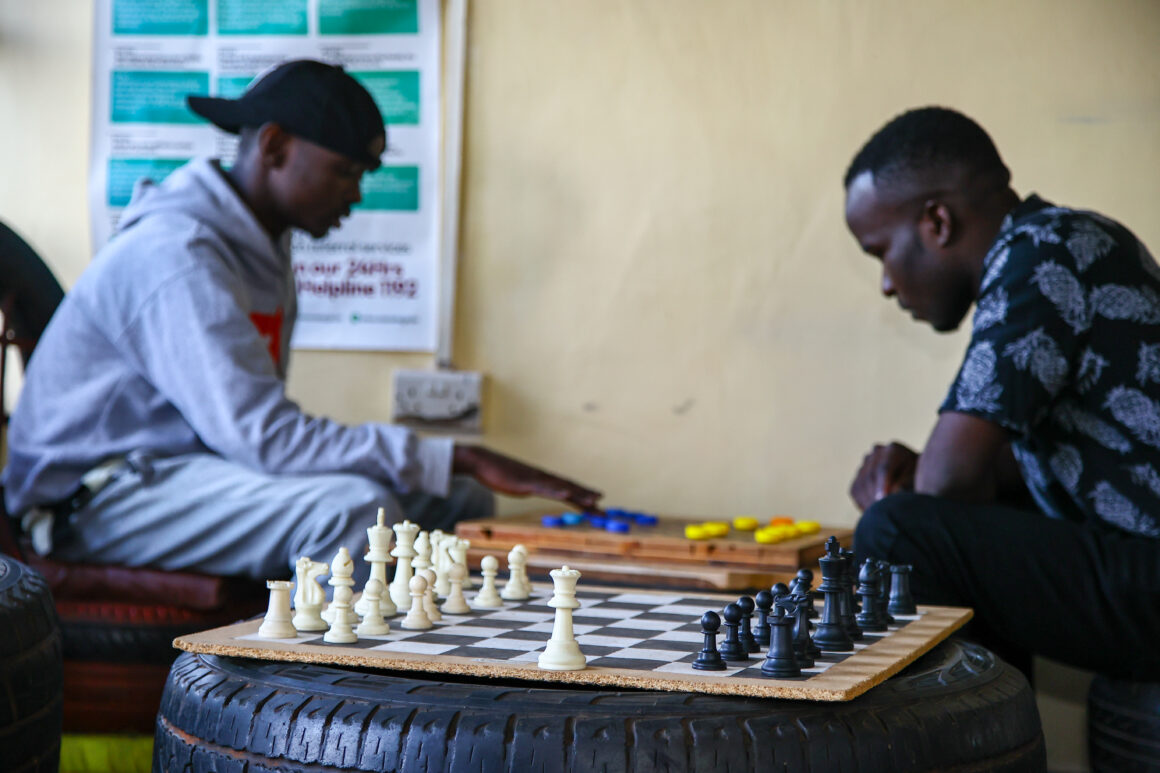
The hostel was founded by Catherine Wambugu, a leukemia survivor, and whose son died of non-Hodgkin’s lymphoma. She rents the house for $465 a month, converting it into six rooms, including three bedrooms with nine beds for the children and their caregivers.
Her goal: To help children complete their treatment.
Catherine knows this burden too well.
“I used to struggle to find a place to stay when I took my adopted son for treatment,” she says. “We’d travel far, only to be told the chemo drugs were out and to return the next day. With nowhere to go, we slept on hospital benches. Sometimes, I had no money for food, just enough to come to the hospital and get back home.”
She saw other mothers go through the same. “Some travelled over 500 kilometres for radiotherapy, only to find the machine broken. They’d be told to return in a week. With nowhere to go, they slept on hospital grounds during the day and on casualty benches at night,” she says.
After losing her son and facing a recurrence, Catherine decided to act. “I just wanted to ease the pain, even if it’s for one parent,” she says.
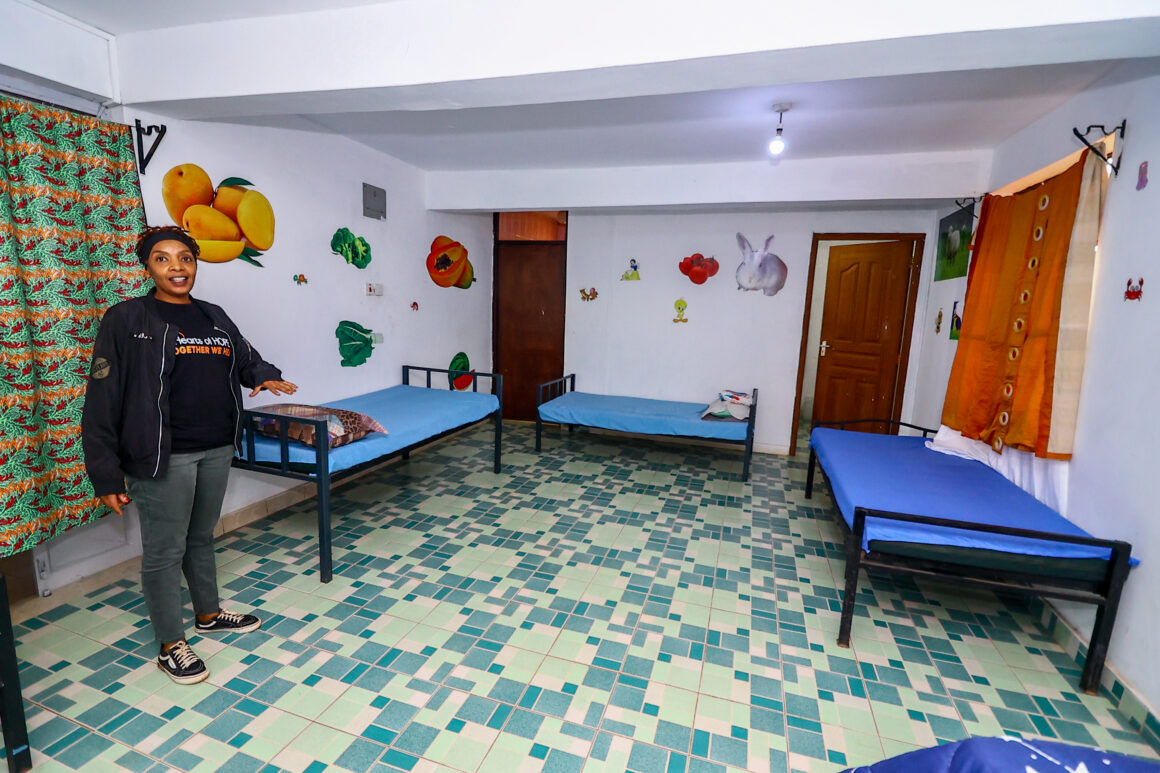
Since June this year, she has hosted seven Burundians and several Kenyans from far-off places, about 600 kilometres to the city.
“The youngest patient I have now is a one-and-a-half-year-old baby with retinoblastoma in both eyes,” she says.
But running a cancer hostel isn’t easy. Catherine relies entirely on donations for rent, food, transport, and other expenses, limiting her to four to six children a month.
One case still lingers in her memory, an eight-year-old Burundian boy brought to Kenya to have a facial tumour examined. When the doctors confirmed it was cancer, his father broke down.
“He told me, ‘If it’s cancer, I honestly don’t want the child. Even if we start treatment, where will I live?’ He said the only other option was to send the boy back home to die. That’s how I ended up legally adopting my son,” Catherine says quietly. “He lived with me, and I’d take him for treatment until he passed away at 14.”
A study done in five hospitals in sub-Saharan Africa (in Kenya, Malawi, Cameroon, Harare, Zimbabwe and Ghana) found that providing free treatment, transport, lodging, and meals significantly reduced abandonment. In Malawi, abandonment among Wilms tumour patients dropped to just 7%, with full support. In Brazil, it dropped from 16% to 0.5%.
Dr Festus Njuguna, the Head of Paediatric haemato-oncology unit at Moi Teaching and Referral Hospital, which treats children from Western Kenya, Uganda, South Sudan, Tanzania, and the Democratic Republic of Congo, said survivorship of childhood cancer in Africa remains low, just 20% to 30%, compared with 80% in high-income countries.
“To prevent abandonment, LMICs need better access to insurance, transport, financial aid, and parental education,” he says. “The good news is, survival is improving. For example, acute lymphoblastic leukemia survival has risen from 19% to 32%, and Wilms tumour from 40% to 60% [success rates that he attributes to many factors, including access to insurance].”
He says the hospital partners with Living Room in Eldoret, which provides shelter for the children and their caregivers. “For the past four years, we’ve covered their transport costs through donor funding, and it has helped,” he adds.
The good news is that more people are stepping in to help. In August, Childhood Cancer International announced plans to build or fund housing in six countries, Ethiopia, Kenya, Mexico, Nepal, Peru, and Ukraine, to fight treatment abandonment.
“We are confident these six projects will combat abandonment and help achieve the WHO’s goal of 60% survival by 2030,” the organisation said.
In Uganda, New Hope Hostel in Kawempe has, for over seven years, provided shelter for children with cancer and their caregivers who travel from remote areas to Kampala. The need is overwhelming and financially demanding. With only 30 beds, it is sometimes forced to turn families away.
Catherine believes more hostels like hers could be game-changers. “Without support, Bigirimana might have had to choose between her four other children and her sick son,” she says.

